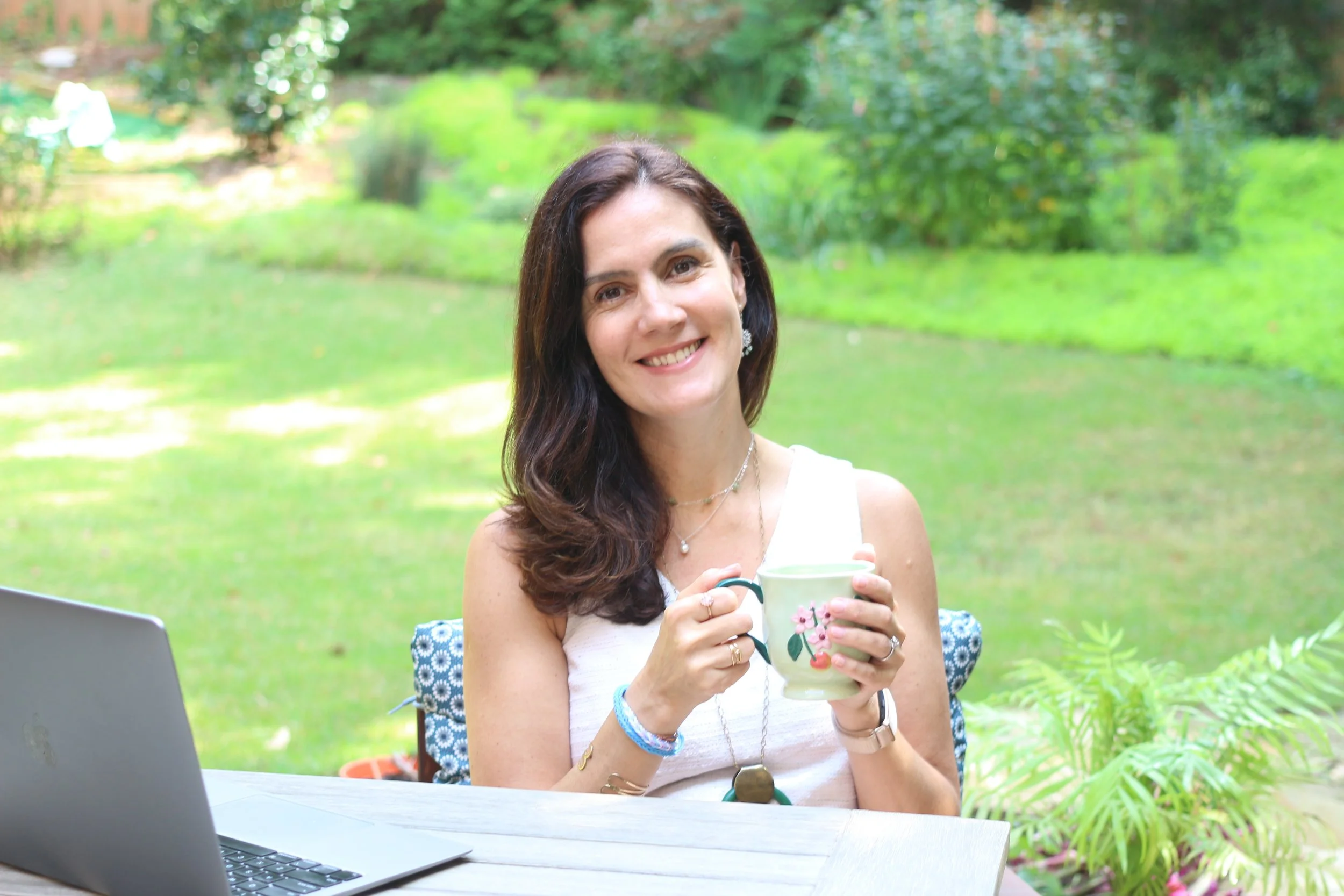Impact Interview: Leticia Socal
Name: Leticia Socal
Role/Function: Circular Economy Consultant
What are you working on these days?
These days, I’m deeply immersed in advancing sustainability on both global and local fronts.
I serve as the Sustainability Director for Brilliant Ideas Planet, a platform dedicated to connecting high-impact sustainable solutions worldwide. My role involves vetting circular economy innovations to ensure the platform features only high-quality, reliable solutions. A key part of this work includes combating greenwashing by developing clear guidelines and providing training to help users and partners identify and promote truly sustainable practices.
In parallel, I am a Circular Economy Advisor for Responsible Alpha, a B Corp consulting firm helping organizations transition toward a net positive economy. Lately, we’ve been focused on supporting petrochemical companies with their decarbonization strategies — challenging work, but incredibly rewarding.
In my spare time, I’m actively involved in several local boards and committees in the Atlanta metro area, where I help spark collective impact. Current efforts include connecting eco-conscious businesses, organizations and individuals and co-developing a playbook for green restaurants and coffee shops to adopt more sustainable practices.
It’s an exciting time to be working at the intersection of innovation, policy and community — and I’m grateful to contribute wherever I can.
What was the “aha” moment that sparked your interest in social and environmental impact?
Coming from the petrochemical industry, I was highly focused on professional development — first through college, then a master’s degree and a PhD. I was driven to build expertise and advance in my field, but I rarely paused to consider the legacy I was leaving behind. That changed when I became a parent.
Having kids made me reflect deeply on my habits, my consumer choices and ultimately, the impact of my lifestyle on the planet—emissions, waste, and all the hidden consequences that aren’t obvious until you start learning about them.
The real turning point came when I watched the documentary Mission Blue in 2015. It opened my eyes to the urgency of ocean conservation and the broader environmental crisis. From that moment on, I knew I wanted to dedicate my career to reducing waste and pollution. I decided to channel the skills and experience I’d gained over 15 years in the industry toward creating meaningful change.
How did you break into the impact space? What career advice would you give to professionals who are just starting out or looking to transition?
My advice to those starting out or looking to pivot is: first, find your niche — the area where you feel most called to make a difference. Then, assess your skills to understand what you already bring to the table and where you might need to grow. Finally, pursue education and certifications to fill those gaps and strengthen your credibility.
During my own transition, I became a certified consultant in waste-related and single-use plastics elimination programs, helping companies pursue sustainability certifications. I also collaborated with NGOs to help them understand the technicalities of plastics and the industry, while learning about their missions and projects. Separately, I served as a Life Cycle Assessment (LCA) reviewer, which deepened my understanding of environmental impacts across supply chains. I also started a blog (which is still active!) to share everything I was learning through research and fieldwork.
Networking played a huge role in this journey. I’ve had brief conversations that turned out to be incredibly insightful and unexpectedly impactful. Be open, available, and receptive. In my experience, the sustainability community is welcoming, committed, and generous with their knowledge.
Working in impact is often about driving change. What is the skill or trait that has been most important for your work as a change agent? How did you learn or hone it?
Two words come to mind when I think about what’s been most important in my work as a change agent: resilience and flexibility.
Not just the climate needs to be resilient — we do too. The path to impact is rarely linear. Times change, priorities shift and progress can feel slow or even invisible. But staying grounded in your mission, even when the landscape is uncertain, is essential.
Flexibility has been equally vital. The sustainability space is constantly evolving — new technologies, shifting regulations, changing consumer expectations. Being adaptable in your role, with your clients and even in how you define success is key. I’ve learned to listen more, pivot when needed and meet people where they are without losing sight of the bigger picture.
I’ve had to learn to balance idealism with pragmatism. Early on, I believed change would come quickly if the solutions were strong enough. But I’ve realized that progress takes time, and not everyone moves at the same pace. I still struggle with letting go of idealism, but I’ve learned to stay committed while being flexible. For sustainable solutions to truly work, they also need to be economically viable. That often means compromise is necessary to move forward, even if it’s not perfect.
What most excites you about the impact space right now?
Right now is a challenging moment for sustainability investment and ESG practices. But what excites me most is the surge of grassroots movements. Communities, local organizations, NGOs and everyday citizens are coming together with urgency and creativity. It’s not the top-down change we often hope for, but this ground-up momentum is powerful — and beautiful to witness.
That’s why I’m passionate about engagement and empowering local initiatives. Seeing communities take ownership of sustainability gives me energy and optimism for what’s ahead. Resilience and flexibility remain essential — they help us stay grounded while adapting to whatever comes next.
This season, our Impact Interviews series features members of the Change Hub, our membership community for busy sustainable business professionals. Tap into trainings, tools and a trusted network of fellow impact practitioners (including Leticia!) by JOINING US HERE.

